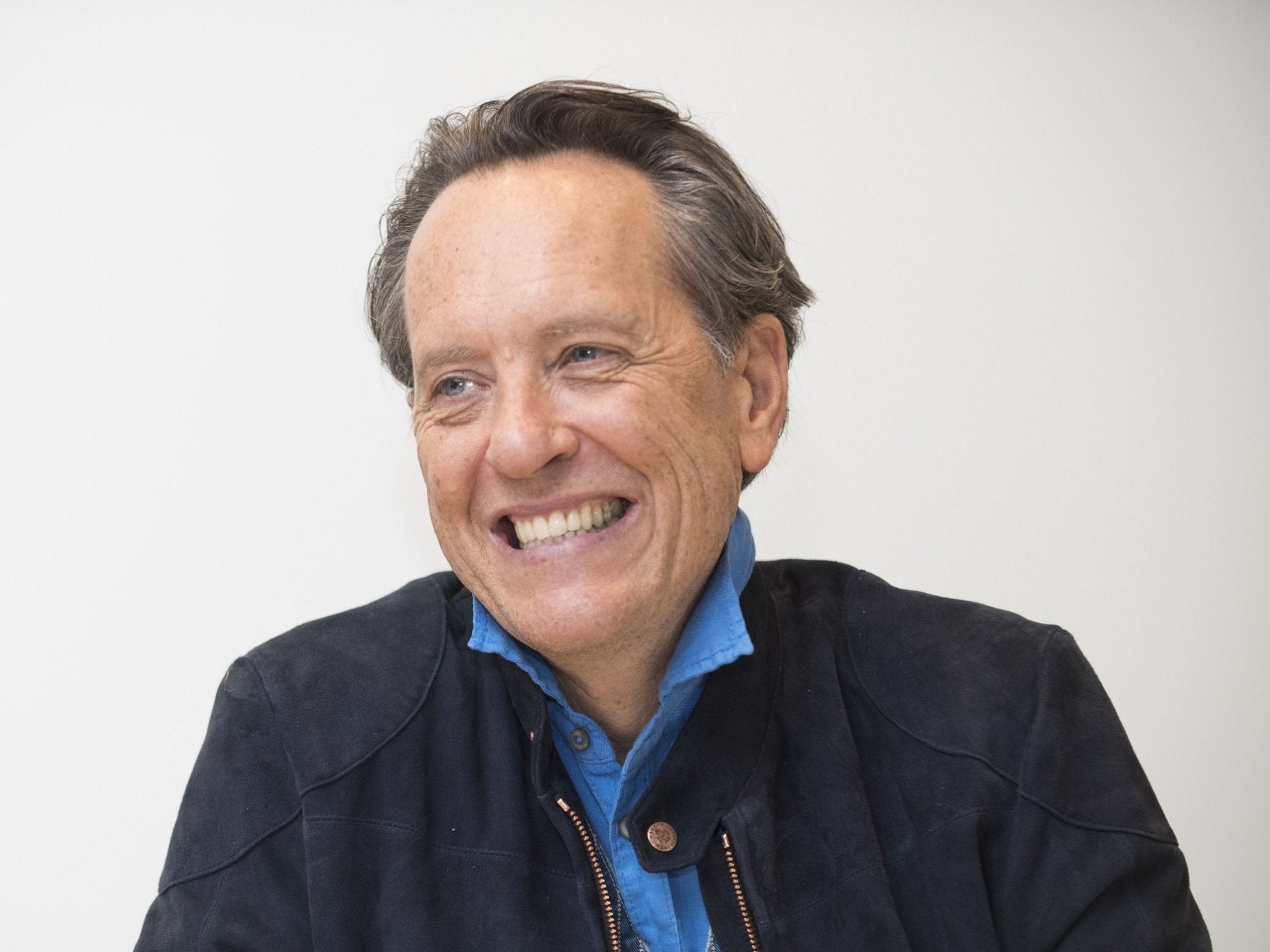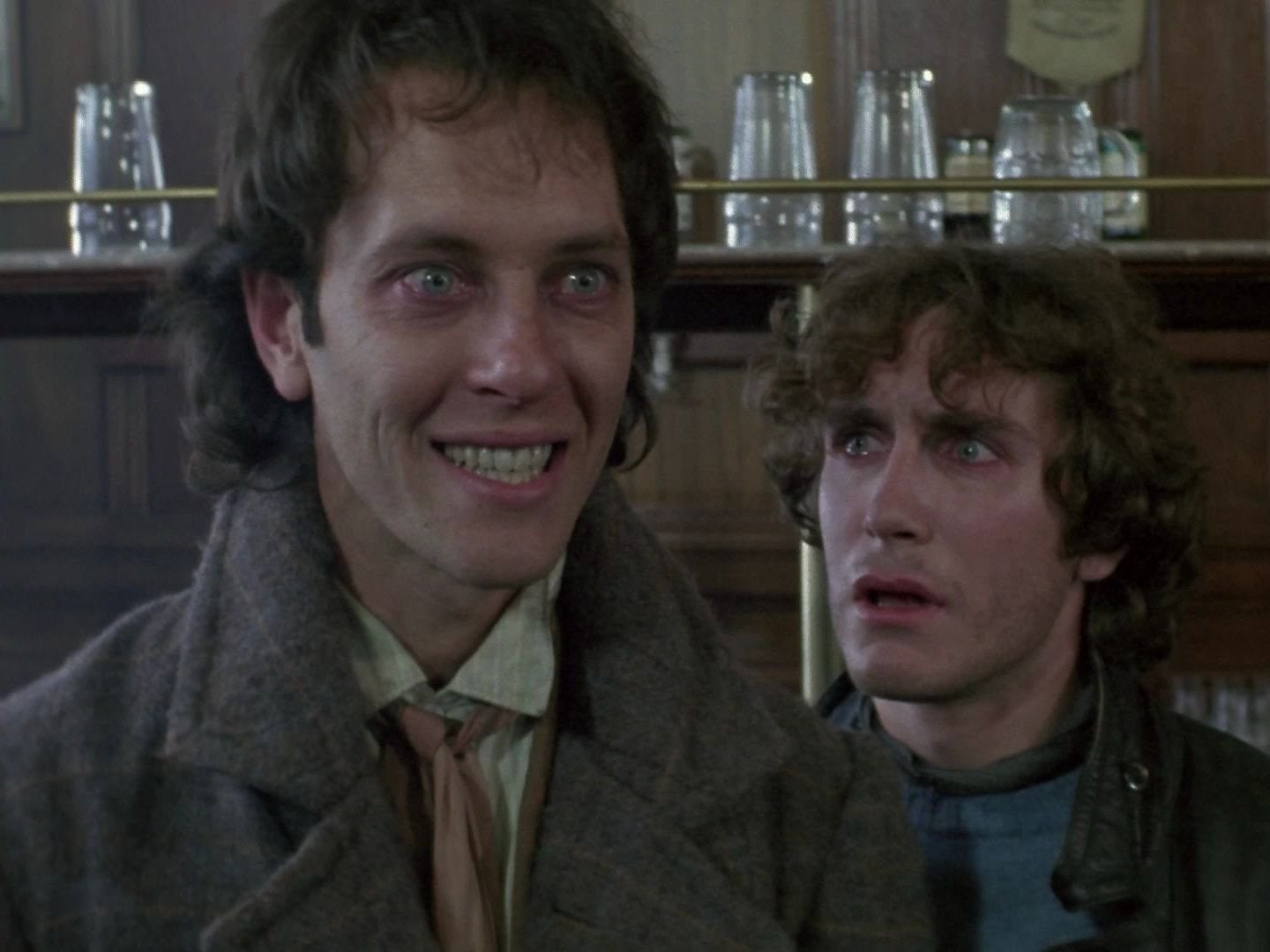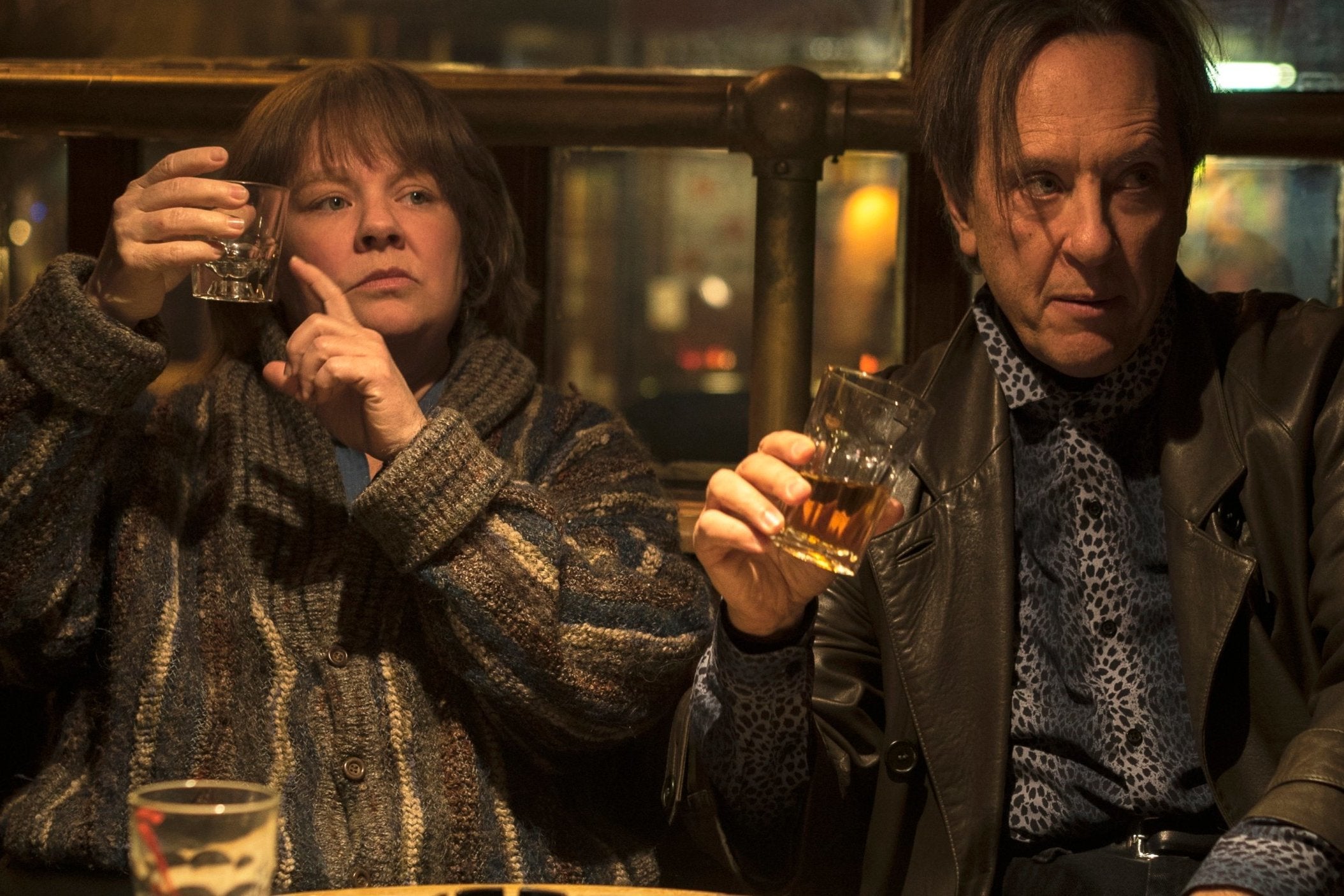Richard E Grant: ‘I’ve no idea why Withnail and I became such a phenomenon’
Recently nominated for an Oscar for his star turn in ‘Can you ever forgive me’, Richard E Grant says you never quite know how films will connect with the movie-going public


I was 29 when Withnail and I came out, which at the time felt a bit old to catch a break.
When I first arrived in London in 1982, Rupert Everett, Colin Firth, Kenneth Branagh and Daniel Day-Lewis were all in various casts of Another Country. And they were all 21 years old, on every bus and every poster, so it was in your face that this is the age that people were making it in the world.
Of course, now, everyone’s fame seems to happen when they’re 20 or 21. They consider you a veteran at 29.
At the Telluride Film Festival last year, where the premiere of my film Can You Ever Forgive Me? took place, there was an Emma Stone retrospective. She was 29 years old at the time! The organisers showed half an hour of footage of her, and when she came onto the stage for a Q&A she joked about being in a retrospective at that age.
When I look back on Withnail and I, I’m always struck by how many good things have been written about what it means; but to me it seems not unlike the film that I’m in right now. That is – a film about the friendship of two people and how fragile friendship is at the same time. Withnail and I was about the end of such a friendship, just happening to be set at the end of the Sixties. Other than that, I’ve no idea why it became such a phenomenon.
The other reason to compare my performance in Can You Ever Forgive Me? with Withnail and I is because I’m drunk onscreen. How many ways can I play drunk?
I was supposed to be going on holiday when I was called up and asked if I wanted to come to New York to commence a six-week shoot with Melissa McCarthy. I said yes, of course. And she turned out to be fantastically entertaining to work with – very open, kind and collaborative. Marielle Heller is a great director.
I play Jack, the best friend of Lee Israel (Melissa), who runs into problems when no one wants to publish her work anymore. Lee Israel’s problem is that she’s a celebrity biographer – but not a celebrity in her own right. In her biographies of Estée Lauder, Dorothy Kilgallen and Tallulah Bankhead, she chooses not to showcase her own voice as a writer, dedicated to remaining authentic to the lives she writes about.

The film, which is based on Lee’s real life story, touches on how that approach went out of fashion. In the 1970s, for example, when Norman Mailer did a biography of Marilyn Monroe, it became about Norman Mailer’s Marilyn; the author now had to be as famous and celebrated as the stars themselves. In the same way, when Lee Israel is trying to get a job, her agent says, “No one is buying Lee Israel.”
I remember talking to a very famous female journalist about 15 years ago and I said to her, “How much is predetermined before we’ve even met?” And she said, “98 per cent, you’re just here to confirm what I’ve already as good as written out.” I understand that. People have to have thoughts about someone beforehand and what they say either confirms or doesn’t confirm what you imagine something is going to be.
I was living in a bedsit in Notting Hill Gate, and London seemed like the land of freedom of speech
I grew up in Swaziland and I had no sense of ever wanting to do anything else but act, even though there was no precedent for it in my family whatsoever. No one had done plays or anything like that. Saying you wanted to be an actor in the late Sixties and Seventies where I grew up was as pie in the sky as saying I want to be like Neil Armstrong and go to the moon.
At home I had glove puppets, then string puppets, so I kind of had a marionette theatre in the garage and with hindsight there is a clear line between doing that and then moving to amateur plays and then university.

What gives you confidence is having someone around who believes in you. One person. I had an English teacher called Bunny Barnes who taught me the piano as well. She was Scottish and we became lifelong friends. She believed in me when there was an absence of that from other people. I owe her everything for seeing something in me that perhaps I didn’t see myself, instilling the motivation to keep going when the world is basically saying, “F*** off. You don’t understand.”
Richard E Grant’s Hotel Secrets
‘Everyone he meets is won over’
Richard E Grant’s Hotel Secrets was broadcast over two series on Sky Atlantic in 2012 and 2014.
Archie Bland reviewed the first episode of the second season for The Independent:
The first episode plonks him in Miami, a suitably hedonistic town in which to get the ball rolling. We start in Ian Schrager’s Delano hotel, where Grant, on tour with the general manager, finds an enormous recliner in the lobby.
“Does this encourage hanky-panky in the hotel?” he asks, the fruit in his voice making it crystal clear that he is as alive to the absurdity of his circumstances as you are. “Making whoopee! I love that!” He encourages the manager to lie down with him, but the poor fellow will only perch on the edge of the sofa, giggling nervously.
You can’t blame him, really: throughout the show, Grant’s pantomime of sexual curiosity is so preposterously funny that you begin to feel he’d shtup the trouser press if he thought it was giving him the eye.
At the same time, though, there is something irresistibly childlike about his amusement at his surroundings. Here he is in a $32,000-a-night suite, whizzing around with his arms out and making aeroplane noises, and referring to Simon Cowell, apparently a regular guest, as an Oompa-Loompa. “That is a bonzer bed,” he says in confidential tones, shortly after leaping on to it at high velocity….
…As the show proceeds, it becomes plain that everyone he meets is as won over by Grant as we are.
“Better version of Hugh Grant,” says the ludicrous-looking fashion designer, Betsey Johnson, even after Richard has expressed his concern that if she takes her hair extensions out “you’re going to look like a bald whippet”.
I left Swaziland when I was 19. I wanted to go to drama school but my father said he wouldn’t pay for that. He had a tongue-in-cheek view of acting, asking, “Do you really want to spend your life in tights, covered in makeup, risking buggery in every corner?”
I discovered through an architect who lived in Swaziland that if your grades were good enough you could do a combined English degree as well as drama school at the University of Cape Town. And because it was a double degree, my father couldn’t really argue, and said, “OK we’ll pay for you and see if you survive till next year.”
I’d done my O-levels and A-levels at Cambridge Board and being there in South Africa, with all the apartheid politics and all the shit that they were talking, it was just logical to run. All the literature and all the cultural references I had were British, so it just seemed logical to come to London, where I literally felt like Dick Whittington coming to seek my fortune. And what is absolutely amazing is that I still feel like that even though I’ve been here for 36 years.
For the first two years I was living in a bedsit in Notting Hill Gate, and London seemed like the land of freedom of speech. Between Marxist Mozambique, totalitarian Swaziland and apartheid South Africa you always had to be careful about what you said or did, or what opinions you had. People complain about how terrible things were in Thatcher’s England in 1982, but, to me, just the fact that you could go to Hyde Park Corner every Sunday and hear dissenting views was amazing. I still have a slightly touristy view of it now.
The world of journalism, like the world of film, is in constant flux. Everything moves on
It is this basic tenet of democracy and sense of fighting injustice that continues to drive me. How could it not?
The world of journalism, like the world of film, is in constant flux. Everything moves on. A lot of great writers are migrating from film to long-form television, which is better than it’s ever been. I remember in the early Eighties, when Brideshead Revisited and The Jewel in the Crown were the two benchmarks for television. I think we get those type of shows once a month now.

Whether the writing is in film or television, it means that there is work for actors, and whatever the medium it comes in is irrelevant. I’ve recently done Downton Abbey and Game of Thrones, and coming into an established series late such as Downton means that the rest of the cast is all so familiar with each other that, as a new face, you get the benefit of the cast being so welcoming and interested. It’s a win-win.
Each job you go into you go in with the best intentions and high expectations, and then, as TS Eliot said, “Between the idea and the reality falls the shadow.” And that’s inevitable, that’s just what happens in life. When something does connect with people, and you happened to have had a really good time doing it, then that’s a double bonus. But I know from experience that is not the norm.
Every time you start a job, I think it’s like romance. You hope you’re going to fall in love with someone. Everything on paper, the image, everything looks right, but then the chances of actually falling in love, well, it doesn’t happen often.
Can You Ever Forgive Me? is released in UK cinemas on 1 February 2019
Richard E Grant was talking to Kaleem Aftab
Join our commenting forum
Join thought-provoking conversations, follow other Independent readers and see their replies
Comments
Bookmark popover
Removed from bookmarks